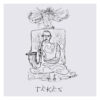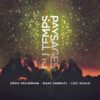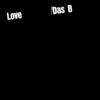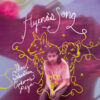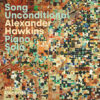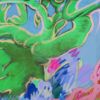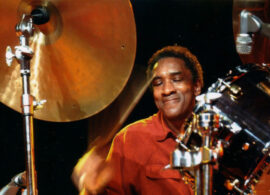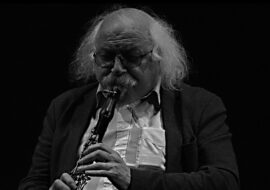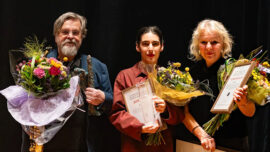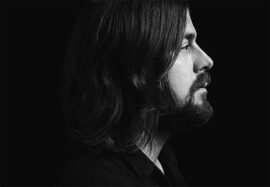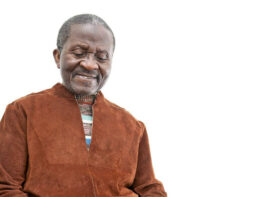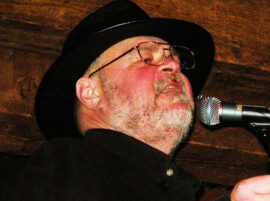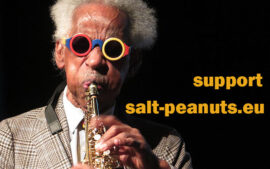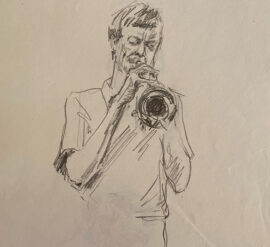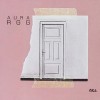
The seventh album of the Polish trio RGG – once a short of its musicians surnames – marks a new era for this fine trio. It is the first album on the prestigious American label OKeh Records, a label that its repertoire feature some of the forefathers of jazz as Erroll Garner, Count Basie and Duke Ellington and its current roster include Nils Petter Molvær, Sonny Rollins and Bill Frisell. The new album also feature a new young pianist Łukasz Ojdana, replacing Przemysław Raminiak who played in the trio first 12 years.
«Aura» introduces the trio as an ambitious unit that its vocabulary covers almost all – modern, free jazz, art rock, classic Brazilian song East European folk and original compositions of the trio double bass player Maciej Garbowski, one of the busiest musicians in the Polish jazz scene, and pianist Odjana. The delivery and the interpretation of the covers is elegant and clever but the trio really shines when it plays its original music.
The trio performs as a democratic outfit of three equals who wisely create a nuanced, reserved drama in every song, exploring its melodic core and harmonic spectrum, stressing a clear European feel of jazz. Even on the cover of Ornette Coleman classic «W.R.U.» (from «Ornette!», 1961) RGG focuses in abstraction of its melodic theme rather than its propulsive rhythm. The trio adopts the same approach when it covers Peter Gabriel song «Don’t Give Up» or Milton Nascimento «Encontros e Despedidas», stripping these gems from its emotional pathos and investigating patiently the moving melodies.
The original pieces are much more lyrical and contemplative, corresponding with modern compositional techniques of Polish composers as Witold Lutoslawski and Krzysztof Penderecki and some even rooted in Slavic folk music. RGG dares more on pieces like Grabowski’s abstract «Pulsar» or Odjana’s «Divisi», both features the impressive role of drummer Krzysztof Gradziuk as an colorist who carefully sketches a subtle tensed vein. These pieces and later Grabowski’s «Whirl» offer RGG aesthetics as challenging conventional concepts of rhythm, tension building and its release or structure, still suggesting a profound melodic interplay.
Highly recommended.
Eyal Hareuveni
Łukasz Ojdana (p); Maciej Garbowski (b); Krzysztof Gradziuk (dr)

